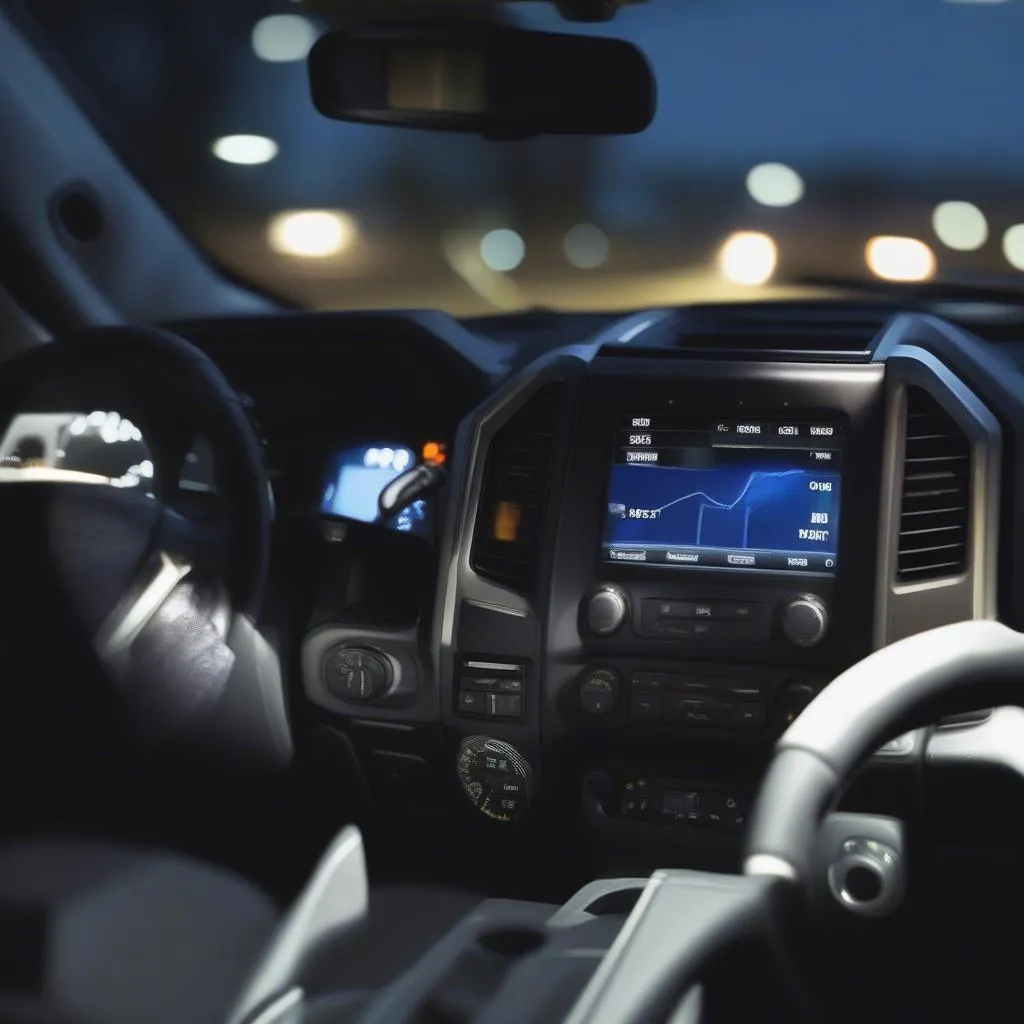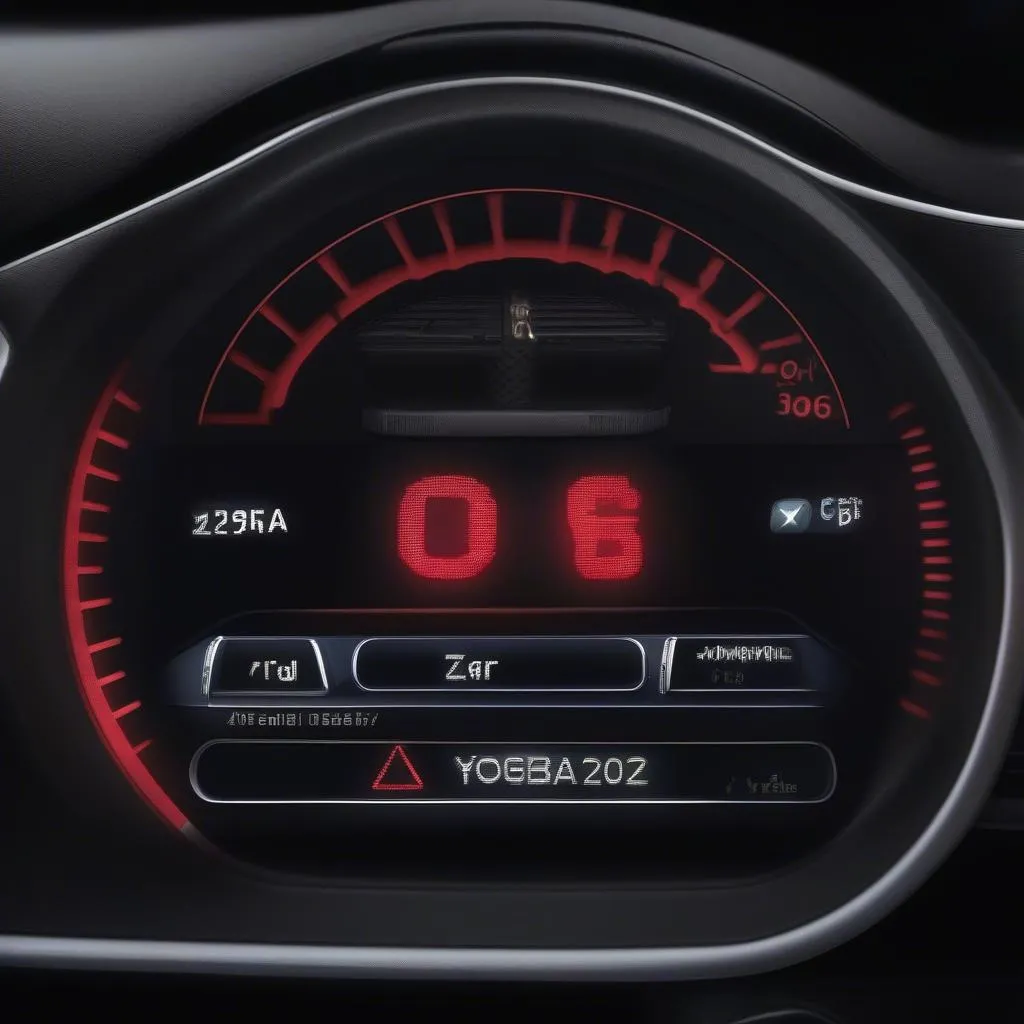You’re driving down the road, enjoying the music, and suddenly the dashboard lights start flickering. Your car radio cuts out, and the engine starts to sputter. You pull over to the side of the road, thinking to yourself, “What’s going on? I just had my car serviced!” This situation can be quite alarming, especially if you’re not familiar with car maintenance. The culprit behind this scenario could be a faulty alternator.
The Importance of Understanding Your Alternator
The alternator is a vital component in your car’s electrical system. It acts like a generator, converting mechanical energy from the engine into electrical energy, which powers your car’s various electrical components, including:
- Lights: Headlights, taillights, brake lights, and interior lights
- Audio system: Radio, CD player, and speakers
- Climate control: Air conditioning and heating
- Power accessories: Power windows, power locks, and power seats
- Electronic components: Engine control unit (ECU), sensors, and other electronic modules
Imagine your car’s battery as a full tank of gas. You can start your car, but eventually, you need to refuel, right? The alternator is responsible for “refueling” the battery while your car is running. It’s like the battery’s charging station, ensuring that it stays powered up.
Symptoms of a Bad Alternator: What to Watch For
If your alternator is going bad, it won’t be able to keep up with the demands of your car’s electrical system. This can lead to a variety of symptoms, some more subtle than others. Here are some common signs:
1. Dimming or Flickering Lights:
 Car dashboard lights flickering
Car dashboard lights flickering
Have you noticed that your car’s headlights are dimmer than usual, or that your dashboard lights flicker when you turn on the radio? This could be a sign that your alternator is struggling to provide enough power.
2. Battery Warning Light:
 Battery Warning Light On
Battery Warning Light On
One of the most obvious signs of an alternator problem is the battery warning light on your dashboard. If this light comes on, it means your battery isn’t getting charged properly, which could be an indication that your alternator is failing.
3. Slow Engine Cranking:
This is a common symptom of a failing alternator. If your engine struggles to start or sounds sluggish when you turn the key, it might be a sign that your battery isn’t getting enough charge.
4. Electrical Accessories Not Working:
If you notice that your car’s radio, power windows, or other electrical components are not working properly, it could be because of a faulty alternator. Your electrical accessories rely on the alternator for power, and if it’s not working properly, it can affect their functionality.
5. Unusual Noises:
A whining or grinding noise coming from the engine compartment could also be a sign of a failing alternator.
What To Do If You Suspect a Bad Alternator:
If you are experiencing any of the symptoms mentioned above, it’s important to get your car checked out by a mechanic as soon as possible. A mechanic can diagnose the issue and determine if your alternator needs to be replaced.
Important Tip: A simple alternator test can be performed by a mechanic using a multimeter. This tool helps determine the alternator’s output and voltage.
Frequently Asked Questions
Q: How much does it cost to replace an alternator?
A: The cost of replacing an alternator can vary depending on the make and model of your car. On average, the labor cost could range from $100 to $300, and the alternator part itself could cost anywhere from $150 to $500.
Q: Can I drive my car with a bad alternator?
A: While you might be able to drive your car for a short distance, it’s not recommended to drive with a bad alternator for an extended period. A faulty alternator can lead to a dead battery, which could leave you stranded.
Q: Can I replace the alternator myself?
A: Replacing an alternator is a complex task and might not be suitable for beginners. It requires specialized tools, knowledge, and a safe work environment. It’s generally recommended to have a qualified mechanic perform the repair.
Q: What are some other potential reasons for a dimming or flickering dashboard light?
A: A dimming or flickering dashboard light could also be caused by a loose connection, a faulty fuse, or a problem with the wiring. It’s important to have a mechanic diagnose the issue to pinpoint the exact cause.
What Should You Do Next?
If you’re experiencing any of the symptoms of a bad alternator, don’t delay seeking professional help. A qualified mechanic can diagnose the issue and determine if your alternator needs to be replaced.
For expert assistance with diagnosing and repairing alternator issues, feel free to reach out to Diag XCar. We offer 24/7 support and can connect you with a qualified professional to resolve your car troubles!
Contact us via Whatsapp: +84767531508
For more information and resources on car maintenance, check out these helpful articles:
- How to know if your battery or alternator is bad
- My car starts sometimes and sometimes it doesn’t
- How can you tell if battery or alternator is bad
Remember, it’s important to be proactive about car maintenance. By taking care of your car, you’ll enjoy a smoother ride and avoid costly repairs in the long run.